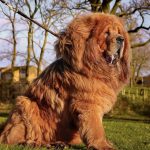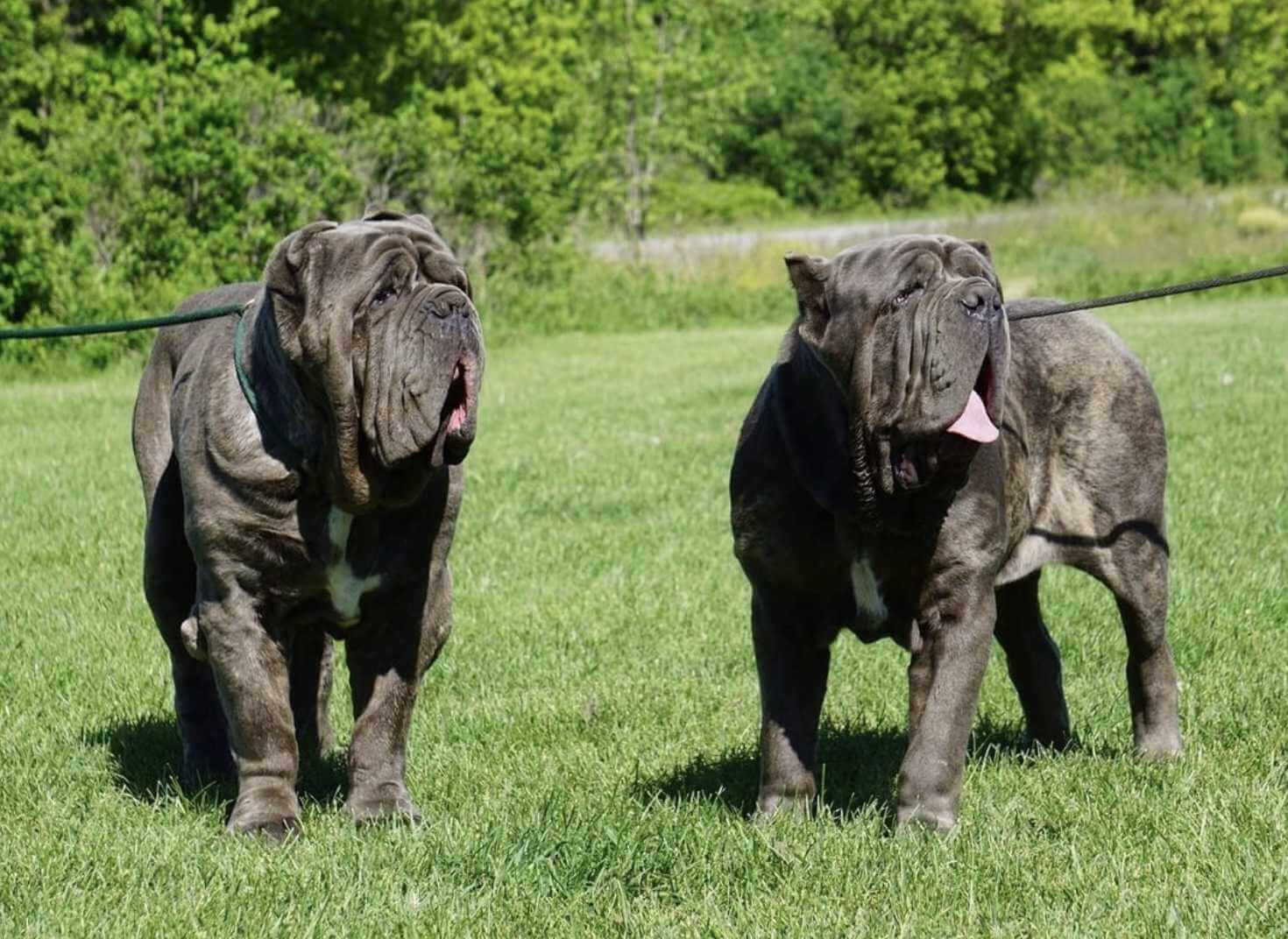Table of Contents
Introduction
The relationship between wolves and dogs is a fascinating tale that spans thousands of years, marked by intricate interplay between nature and nurture. Dogs, often referred to as “man’s best friend,” share a common ancestry with wolves, yet their paths diverged long ago. This article explores the deep-rooted connection between these two species, delving into their shared history, genetics, and the ways in which humans have shaped and maintained this unique bond.
Prepare to embark on a fascinating journey on an extensive comparison between wolves and dogs. Within the upcoming sections, we will conduct a comprehensive examination, highlighting the subtle distinctions and compelling parallels that shape the identities of these extraordinary canines.
A Shared Ancestry
Genetic Links
Wolves (Canis lupus) and dogs (Canis lupus familiaris) share a common ancestor, with the domestic dog descending from ancient wolves. Genetic studies suggest that this split occurred anywhere from 20,000 to 40,000 years ago. Despite the transformation from fierce wild predators to our loyal companions, dogs retain much of their ancestral DNA.
The Evolution of Domestication
The transition from wild wolves to domestic dogs likely began when early humans formed loose associations with wolves scavenging near human camps. Over time, wolves that were more tolerant of human presence were favored, leading to a gradual domestication process. These early dogs played roles as hunters, guards, and eventually, companions.
Diverse Breeds, Common Roots
Remarkable Diversity
The vast array of dog breeds we see today, from the towering Great Dane to the diminutive Chihuahua, can all be traced back to a common ancestor: the wolf. Artificial selection by humans over centuries has led to the development of various breeds, each tailored to specific tasks or appearances.
Genetic Plasticity
What’s astonishing is that despite this diversity, the genetic differences among dog breeds are relatively minor compared to those between different species. This genetic plasticity is a testament to the malleability of the canine genome, a consequence of their domestication.
The Human Factor
Coevolution with Humans
Dogs are the only species to have evolved alongside humans for such an extended period. This coevolutionary journey has deeply ingrained dogs in human society. They’ve served as hunting partners, herders, and protectors, their roles evolving in tandem with human civilization.
The Bond Between Humans and Dogs
The bond between humans and dogs is rooted in mutual companionship, trust, and dependency. This relationship is often touted as one of the most successful interspecies partnerships in history, with dogs providing not just labor but also emotional support and unconditional love.
Modern Roles of Dogs
Beyond Utility
While dogs continue to serve practical purposes like search and rescue, therapy, and herding, their roles have expanded far beyond utility. Dogs are now beloved family members, offering emotional support, companionship, and a sense of security to millions of households worldwide.
Canine Companionship
The emotional connection between dogs and humans is unparalleled. Dogs can read human emotions, and studies have shown that spending time with dogs can reduce stress, anxiety, and depression. This has led to the increasing use of therapy dogs in various healthcare settings.
Conclusion
The intertwined history of dogs and wolves is a testament to the power of evolution and human influence. From a common ancestor, wolves branched off into the wild, while dogs embraced domestication and evolved into our cherished companions. This unique relationship continues to evolve, enriching our lives in countless ways. Dogs, once fierce hunters and protectors, have become friends, confidants, and sources of unending joy for people around the world.
As we celebrate this enduring bond, it’s crucial to remember the responsibility that comes with owning a dog. Providing them with love, care, and a happy home is our way of honoring their shared journey with us.


![Siberian Husky Price In India [2024] - Kerala | Kolkata | Delhi | Mumbai | Pune SIBERIAN HUSKY PRICE IN INDIA](https://petsyfy.com/wp-content/uploads/2022/02/SIBERIAN-HUSKY-PRICE-IN-INDIA.jpeg)

![Alaskan Malamute Dog and Puppy Price in India [2024] Alaskan Malamute Price in India](https://petsyfy.com/wp-content/uploads/2022/02/Alaskan-Malamute-Price-in-India-150x150.jpeg)

